A further cut to frontline policing in Scotland could leave communities vulnerable to increasing levels of organised crime, the Scottish Police Federation has warned.
David Kennedy – general secretary of the Scottish Police Federation (SPF) – said intelligence on serious crimes, including terrorism, came from every day local policing work.
But with Police Scotland officer numbers at their lowest level in 15 years, and plans to close 29 police stations, Mr Kennedy is warning that further cuts will erode the force’s ability to gather intelligence on the most serious crimes.
He said: “Community policing is the cornerstone of the police service.
“The bottom line is the intelligence on organised crime groups (OCGs) and terrorism comes from the communities.
OCGs ‘coming into communities knowing there are no police’
“If you don’t have community police officers out there patrolling and picking up on that intelligence, then they’re missing out on so much.”
Mr Kennedy told the criminal justice magazine 1919 that OCGs were coming into areas where they know there is no police and setting up criminal enterprises aware nobody will know what they are doing.
He added: “There’s nobody knocking on the door. Or even saying ‘how are you doing?’
“It’s basics and we are totally missing out on that. And that is the basics that you pick up when officers would deal with shopkeepers; deal with schools.
“The intelligence you pick up from interacting with kids during a [road] crossing is unbelievable.”
In Tayside and Fife, the importance of community policing has been highlighted previously as police deal with complex cases of human trafficking and modern day slavery.
An investigation revealed how OCGs were active in local communities, running a marketplace where humans are being sold or exploited in our communities for sex and labour.
Officers say in dealing with what appear to be “low-level” incidents, they can be alerted to this more serious criminality such as sexual exploitation and even terrorism.
Scotland ‘falling into a trap’
David Kennedy added: “You don’t wake up one day and say ‘I’m going to rob a bank’ or ‘I’m going to make a bomb’.
“It starts at the low-level – people doing the small things.
“My biggest fear is we are falling into the trap that we can only go to the big things. And then what will happen is maybe not today, but five or 10 years’ time, we’re going to have really bad criminals within Scotland.”
David Threadgold, SPF chair, said that further cuts could make tackling these difficult to disrupt crimes even harder.
He told The Courier that without change, particularly in how police officers are used to fill gaps in health, more policing functions would suffer and confidence in the force would fall further.
Police Scotland has already said it will no longer investigate every crime, with a new approach to certain offences where there is no CCTV or witnesses being rolled out across the country after a pilot scheme in the north east.
But the SPF say the decision is one driven by finances, while opposition politicians said it formalised the SNP government’s “surrender” to criminals.
A Scottish Government spokesperson highlighted extra funding for Police Scotland in its latest budget.
They said: “The chief constable confirmed that this investment would enable Police Scotland to restart recruitment, and they recruited almost 200 new police officers last month.
“Scotland continues to have more police officers per head of population than England and Wales.
“Police Scotland continues to dispose of properties no longer fit for purpose or required for operational policing, while at the same time reinvesting in purpose-built properties to deliver modern premises capable of delivering more joined-up public services.
“Decisions on the deployment of resources are a matter for the chief constable.”
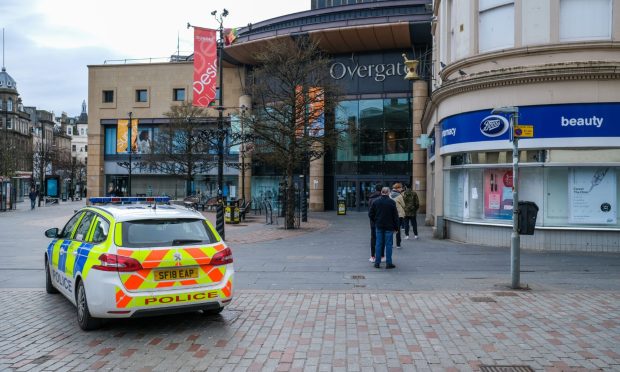
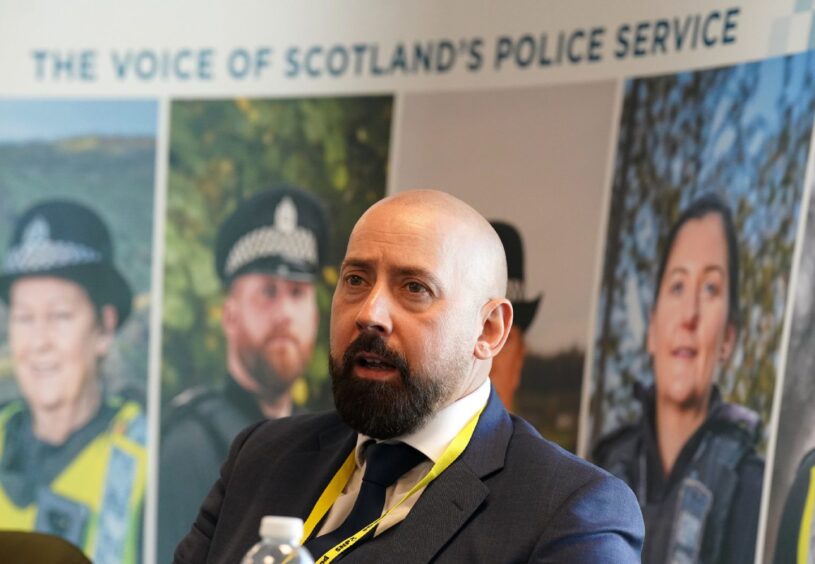
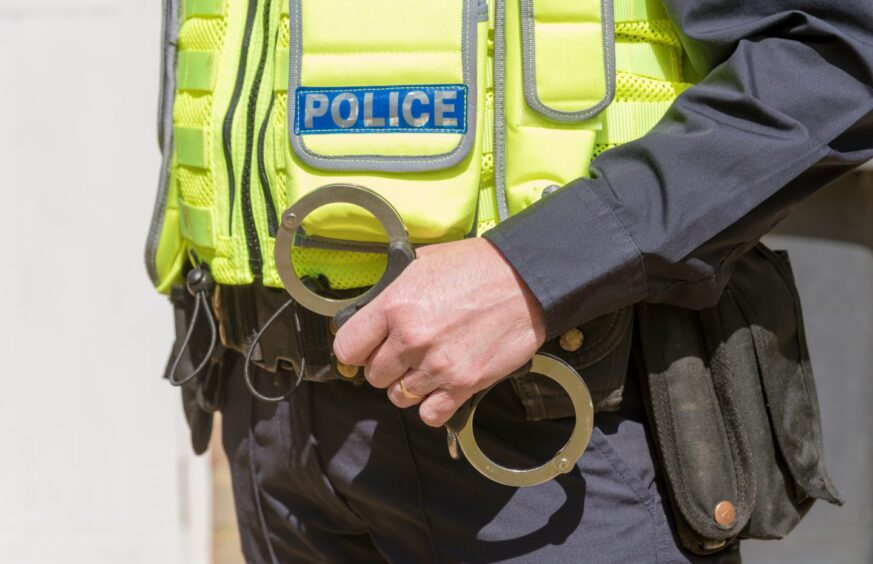

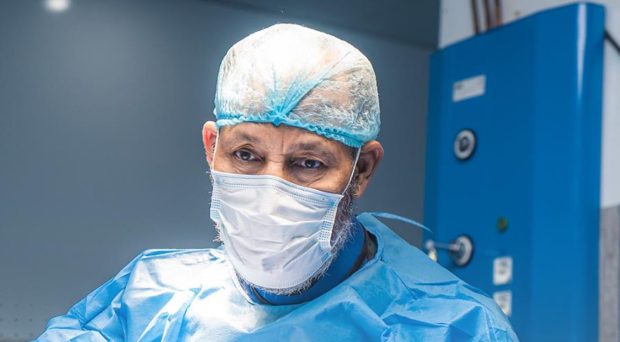
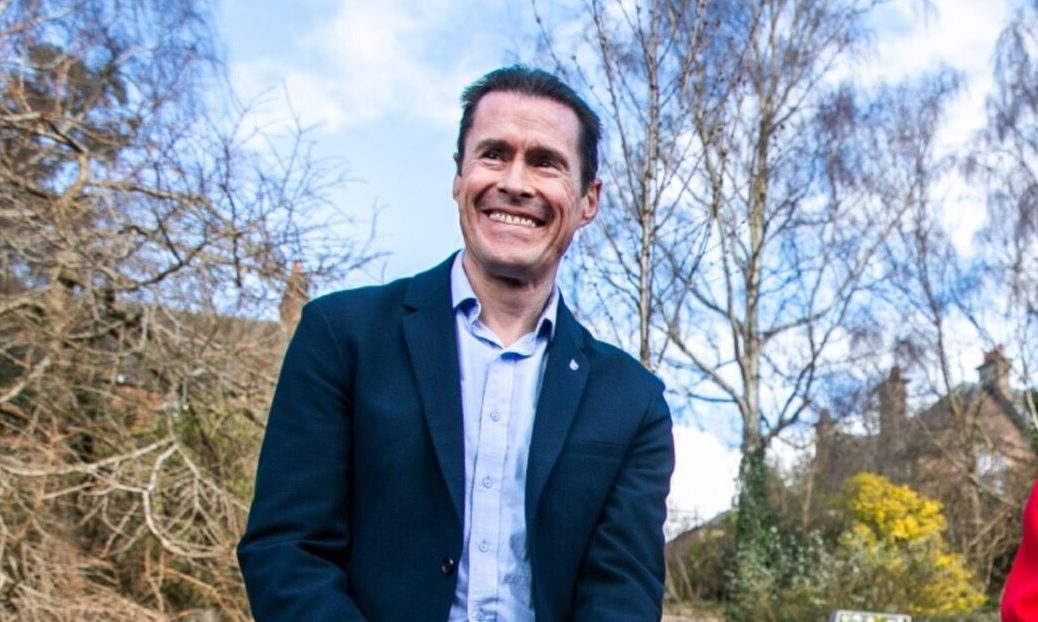
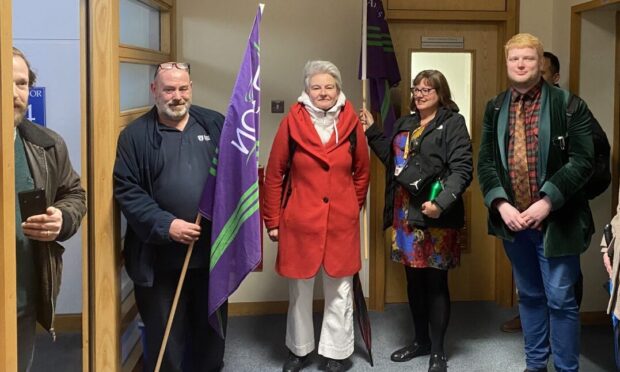
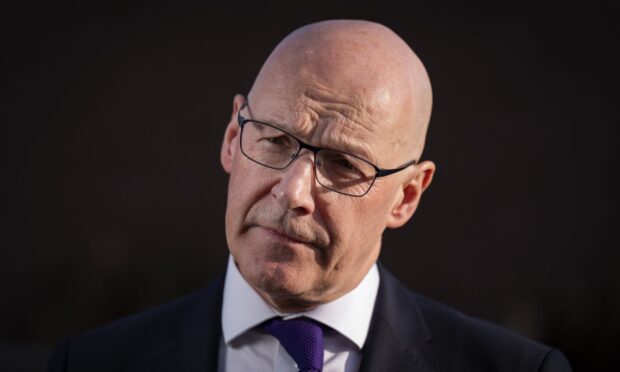

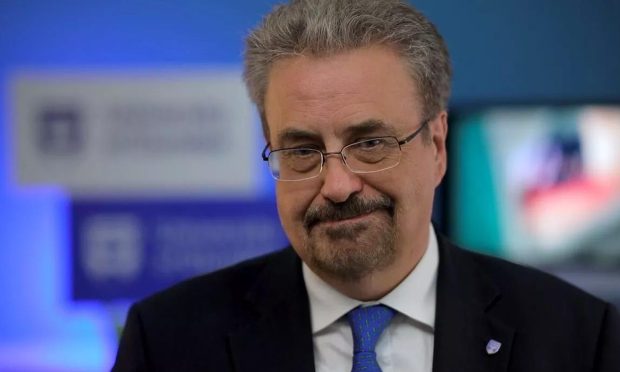
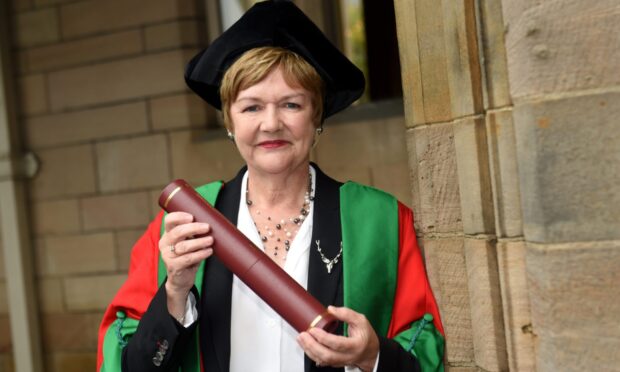

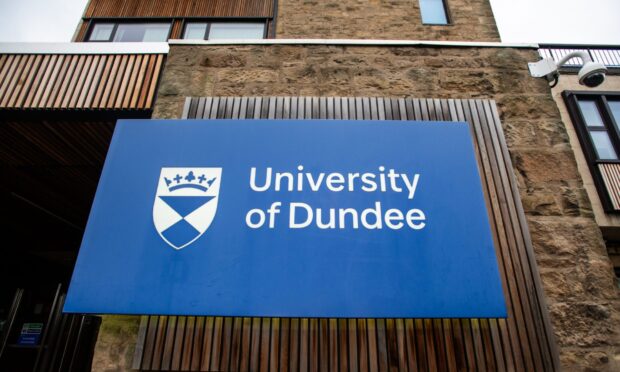
Conversation